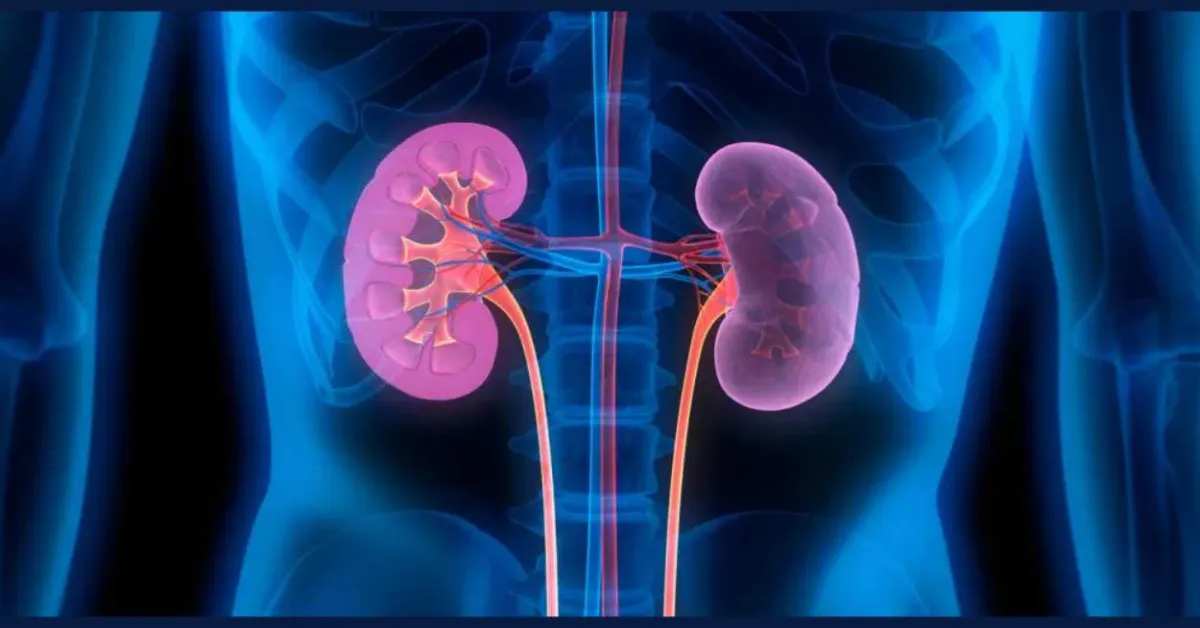A new Advocacy Paper, developed by leading nephrology experts of the country, outlines a roadmap to scale peritoneal dialysis (PD) - a simple, home-based treatment for kidney failure across India, ensuring equitable access to treatment for kidney failure, especially for rural and marginalised communities.
Patients with terminal stages of kidney failure typically require dialysis. Until recently, dialysis was limited to only those who could afford it, either through personal resources or reimbursement, due to its high and recurring cost. However, inclusion of dialysis in public funding schemes has expanded the scope of this life-saving therapy to a majority of the Indian population. These schemes freely reimburse center-based haemodialysis, which requires patients to travel to these facilities 2-3 times a week to receive treatment. Moreover, availability is still limited by the limited number of dialysis machines at each center. This particularly disadvantages patients in underserved rural areas or low-income settings. Peritoneal dialysis, a home-based dialysis treatment, has the potential to overcome this barrier and make the treatment more accessible. However, only 5% of all dialysis patients currently receive this form of therapy. Only a few states, including Andhra Pradesh, Chhattisgarh, Kerala, Telangana, and Tamil Nadu, have begun piloting the inclusion of PD in public schemes.
India faces a kidney failure emergency, yet most rural patients still have no access to dialysis. Peritoneal dialysis can bridge this gap with home-based care, making treatment more equitable for patients in remote and disadvantaged areas. But scaling peritoneal dialysis in India demands political will, stable funding, strong partnerships, and a trained health workforce.
Peritoneal dialysis utilises the lining of the abdomen (known as the peritoneum) to filter waste and excess fluid from the blood. PD allows patients to receive home-based care, reduces travel burdens, supports continuity of education (especially for children), promotes equity across populations, and enables continuity of treatment even in fragile or geographically isolated settings. Moreover, when scaled up in a strategic manner, it can reduce the overall cost of treatment.
International experience shows that PD - first policies, implemented in countries such as Thailand, Hong Kong, and Mexico, can expand access to equitable dialysis, while nations including the UK, Australia, and New Zealand actively promote PD as a preferred choice.
To evaluate how PD can be scaled in a resource-constrained setting like India, the researchers utilised the Program Sustainability Assessment Tool (PSAT) Framework. The PSAT is a robust, recognised global approach for determining the potential of a health program to be sustainable. Prior uses of PSAT in public health, such as tobacco control, obesity prevention, asthma care, and diabetes management, have identified partnerships, political support, and ongoing evaluation as critical factors in program sustainability.
The researchers recommend the inclusion of PD under the Pradhan Mantri Jan Arogya Yojana (PM-JAY), the development of state-level PD blueprints, and the establishment of a national PD registry to ensure equity-focused monitoring. They also recommend structured public-private partnerships and community-level education to improve acceptance and sustainability.
Families should not be pushed into catastrophic costs because insurance does not cover home-based care.
National Guidelines for implementing PT program have already been developed. All that remains is the inclusion of PD packages under Pradhan Mantri Jan Arogya Yojana (PM-JAY), with provisions for consumables, training, and telehealth support. Establishing a national peritoneal dialysis registry with equity-focused evaluation and transparent reporting is also crucial to make invisible burdens visible. We are continuing to reach out to officials in the Ministry of Health and Family Welfare and the National Health














